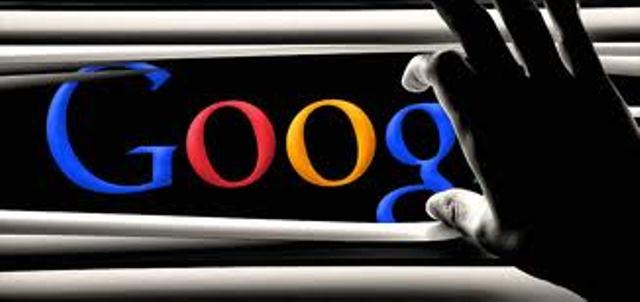 We recently got a sneak peak at the Gmail redesign, which has begun rolling out to users. And in addition to sleek new features like improved search and customization options, we also noticed a new ad format popping up below your messages.
We recently got a sneak peak at the Gmail redesign, which has begun rolling out to users. And in addition to sleek new features like improved search and customization options, we also noticed a new ad format popping up below your messages.
Google is no stranger to user discontent over its privacy and ad policies, and that’s why these marketing campaigns will include a “Why these ads?” link. In the name of transparency, Google explained in a blog post that it will offer insight behind these targeted advertisements.
According to Google, the ads you see in Gmail are based on both recent search history (say for the past week you’ve been looking up vacation rentals) as well as what you’re currently researching within a single browser session (Googling some place to eat dinner). They also take into account your location and language choices to even further narrow the demographic you’re in. And this is nothing new: Google’s been using these methods for predictive ads for years, now they are just getting some prime Gmail real estate and offering instant explanation for users.
If you want, you can tinker with what ads you’re seeing via the Ad Preferences Manager.
While this isn’t a new practice, it’s a controversial one. Consumers and privacy advocates are justifiably unnerved by the lengths to which Google is tracking our Internet activity, and using it for profit. Make no mistake, Google is an advertising company, and these types of user profiling techniques are responsible for its bread and butter.
It’s easy to put all this into Google’s context: It wants to bring you the ads you want to see, not some drivel that you would never be interested in. But you don’t have to read between the lines to know that this means Google is taking into account what you do on the Internet and turning that into profitable ad space. To Google’s credit, reminding users about Ads Preferences Manger isn’t exactly in the company’s best interest, since it includes the ability to opt-out of personalized ads entirely.
Editors' Recommendations
- Why do you see ads for stuff you’ve already bought?
- Google to increase privacy online via its new Privacy Sandbox initiative
- Gmail logs your purchase history, undermining Google’s commitment to privacy


